The Moustached Journalist says;
A famous award-winning Nigerian human rights activist, maritime lawyer and former President of the Nigerian Bar Association (NBA), Olisa Agbakoba, have some basic insights on broadcasting rights as it relates to the sports business, especially, football, explained in one of his masterpieces Understanding Commercial and Media Broadcasting Rights in Sports.
Broadcast rights, as it is known to be a huge means of income for football clubs, drive the interest in football to an increased level. In essence, these are legal rights which a broadcasting organisation owns and negotiates for with commercial exploitation by possessing the necessary paperwork to televise a certain amount of coverage on a football league across various geographic areas, only with the proper authorization of the league management.
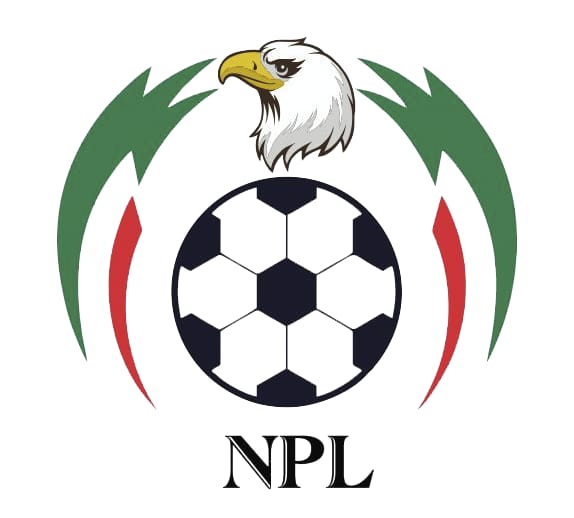
In sports, Copyright and related rights, predominantly those relating to broadcasting, corroborate the relationship between sport and broadcast communication media. Media organisations pay huge sums of money for the exclusive license which equates with a right to broadcast top sporting events live for a specific period.
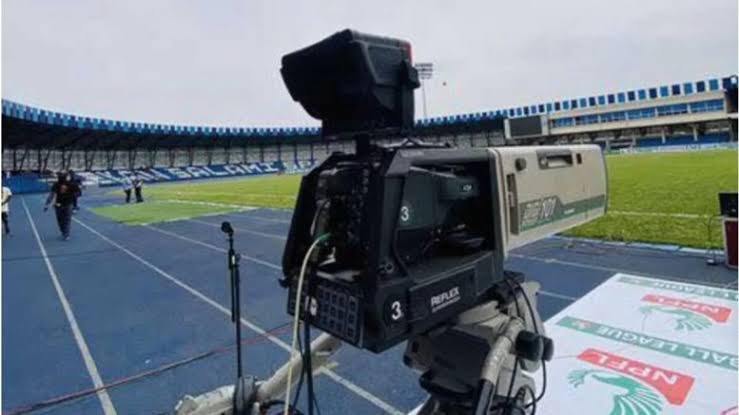
For most sports corporate bodies, the sale of broadcasting and media licenses is now the biggest source of revenue, generating the funds needed to finance major sporting events, refurbish stadiums, and contribute to the development of sports at the grassroots level. The goal is to generate funds and allocate the incoming revenues generated from the TV rights, across all clubs intending to create the competition and avoid a huge financial disparity. Some of these rights can be utilised directly by the clubs. Under the club license agreement, it is defined which rights may be used; however, clubs are not allowed to sell these rights to third parties.
The League Management Board of the Nigeria Premier Football League (NPFL), was eventually berthed by the Interim Management Committee (IMC) which is headed by Hon. Gbenga Elegbeleye as chairman and was formed by the executive arm of Amaju Pinnick-led Nigeria Football Federation (NFF), on the exclusive order of the former Minister of Youth & Sports Development, Sunday Dare.
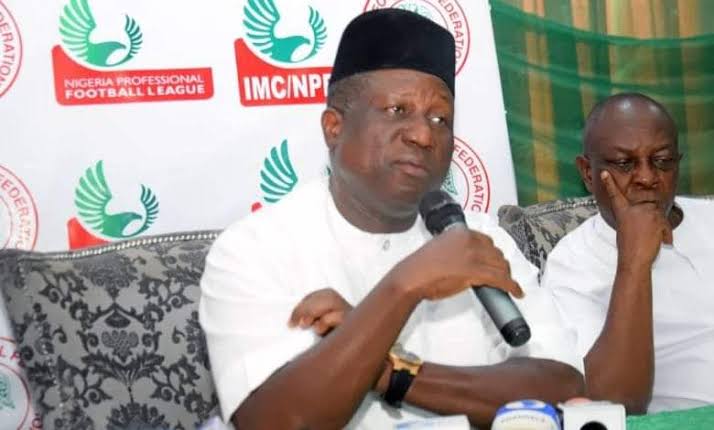
This was not so until the aftermath of scrapping the defunct League Management Company (LMC) in September 2022, as approved by a ruling court situated in Abuja. Before that, the Federal Government had pronounced that it was an illegal corporation that was solely responsible for attending to the affairs of the nation’s top-flight football for the past decade. One may want to ask this writer what has changed between then and now. Even from the time of Bolaji Abdullahi as sports minister to Sunday Dare’s tenure, each passing administration has attempted so much to upgrade the game, but it has been more of words without actions.
After several meetings with key football stakeholders, club owners and administrators in the country, amounted to a great bass of strings pulled from all directions to rebrand, reposition and outline streams to generate the revenue inflows of the league coming into the new season which was already three weeks behind schedule, but did not go on regardless. Meanwhile, the 2023/24 NPFL season was extended by another two weeks because the official NPFL broadcasting company, Propel Sports Africa had to sort out the configuration required to stream the league matches on the appropriate tech backbone.
Going back in time to 2015 when the defunct LMC under the leadership of Shehu Dikko, the organization was able to secure a broadcasting rights deal with the South African broadcast company, DSTV, through its sports channel, SuperSport, estimated at N5.1 billion ($34 million) at that time for an initial period of four years, in televising the Nigeria Premier Football League on screen.
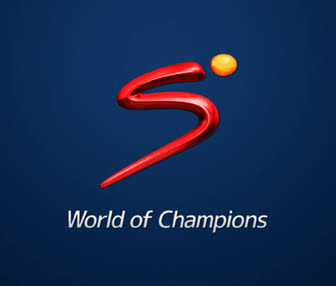
However, the deal was aborted after one season due to “irreconcilable differences” between both parties, and DSTV had to pull out of the contract. Another issue was that there was no proper schedule of league matches. One may agree to the fact that it was predetermined to hit the rock with the season’s calendar of fixtures scrappy and unreliable. At the end of the scuffle, it was the league, the clubs and the football fans that were the biggest losers.
Another common defect was that at short notice, league matches were either postponed or cancelled as some teams, oftentimes, declined to show up at match venues. Recall that in the 2015/16 season in the game that was being beamed live by SuperSport between Warri Wolves and Akwa United at Warri Township Stadium in Delta State; the home team was said to refuse to turn up for the second half due to an alleged case of intimidation from the visiting side during the break.
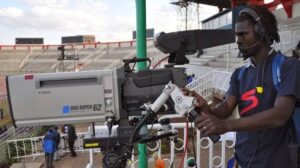
The TV and broadcast rights deal is one of the biggest sponsorships for any football event across the world. Even though we delve into today’s reality of the nation’s top league in terms of TV and broadcast, the bitter truth is that since SuperSport pulled out from the NPFL, the league has struggled financially. Without such revenue inflows, many leagues will wind up, but we should commend the NPFL organizers for being able to sustain the league through financial turbulence and doing their best to continue with the least available funds.
However, there have been efforts to try out new ideas to solve the broadcast challenges. Even with SuperSport being on the payroll of the NPFL for televising the league games for years now, it is not sustainable as every game costs almost N20 million. But, the simple truth is the fact that SuperSport are not willing to invest their money into the NPFL.
The NPFL organizers decided it would be better to have an intermediary financing warehouse for the league, and the corporate partners are to look out for sponsors jointly with the management. Luckily, GTI an asset and investment management company came to the rescue. According to the IMC chairman of the NPFL, being an intervention agency that GTI are and its support to the league, they will be entitled to 10 per cent (brokerage fee) of all the revenues generated by the NPFL.
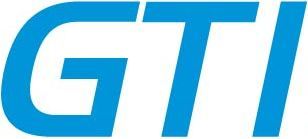
It is imperative to note that it was the same GTI that splashed N200 million which each of the 20 teams in the league received N10 million as participation fee last season and the N100 million paid to Enyimba for winning the league.
In addition, GTI cleared the backlog of referees’ wages of over N300 million which will also be repeated this season, also paid a sum of N10 million as participation fee to each of the 20 NPFL clubs, while the prize money for winning the league at the end of the season increased by 50 per cent. The NPFL organizers should know better that GTI cannot continue to pump in millions of naira on the league without any foresight to recover their investments. These, without doubt, are like cankerworms trooping out to feast on the firewood.
Before the commencement of the 2023/24 season, all the 20 club administrators and owners had a meeting with the NPFL Board and insisted on the details of the streaming deal with Propel Sports Africa, including the revenue chart and how much each club will receive. Secondly, what is the nature of the relationship that exists between GTI and NPFL? This resulted in a disagreement that prompted the delay in the kick-off date of the league season.
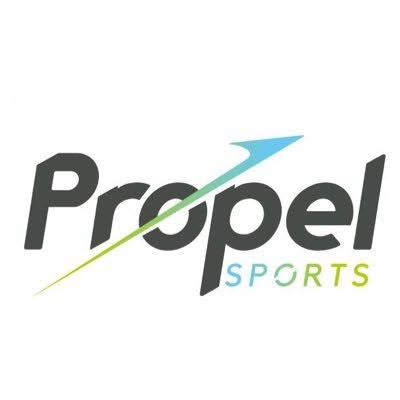
It was also disclosed that there was no dichotomy between the NPFL and the club owners/administrators and that there are disagreements over the sticky matter of the full disclosure of all revenues coming from GTI and details of the streaming deal with Propel Sports Africa. The league eventually kicked off on 30 September, and can only be streamed live via NPFL Live, an official NPFL streaming app and it is being sponsored by the telecoms giant, MTN.
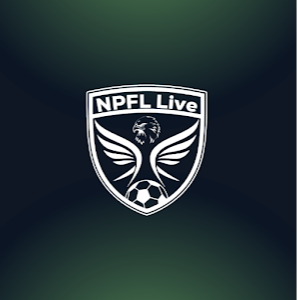
When the dust seemed to have settled, the IMC chairman of the NPFL came out to say that he does not agree that the league’s revenues are shrouded in mystery. He also complained that some people had formally written by claiming the ownership of broadcast rights to the league. These petitions were aimed at distorting MTN’s deal with Propel Sports Africa.
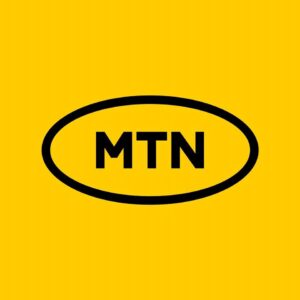
We should understand that streaming in Nigeria without a strong base and stability would struggle to survive. There was also one point in time NPFL TV app died prematurely because of politics. Meanwhile, before the Propel Sports Africa-MTN era emerged, the NPFL had otherwise given free rights to AIT and NTA just to televise the games on local TV to millions of football fans, but the Nigeria in us discouraged the broadcast idea. While the league racks in N5 million for any star match being aired on NTA. It is no news that there would be a potential additional revenue for NPFL if the broadcast rights deal goes through with StarTimes and all is settled in due time.
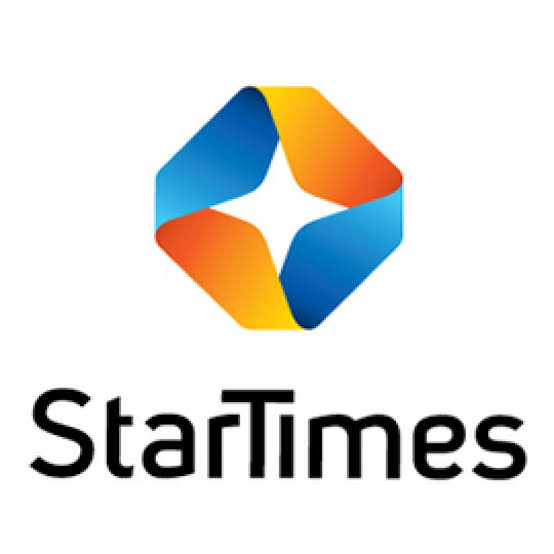
From all indications, the league has exciting prospects, but most of the bottlenecks have to be removed by NPFL with the support of NFF. With a checklist of innovative developments so far, I must say that the League Management Board under the leadership of Gbenga Elegbeleye has even done quite well since its establishment over a year ago, but there is always more to be done in rebranding the NPFL and making it sponsor-friendly because money is crucial to the smooth running of the nation’s topmost division.
